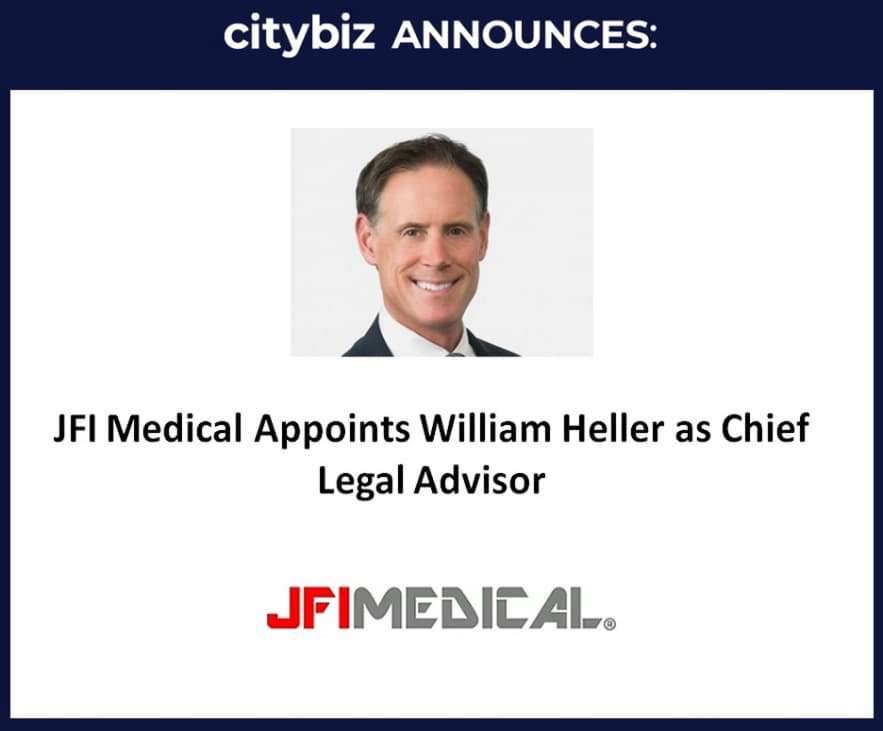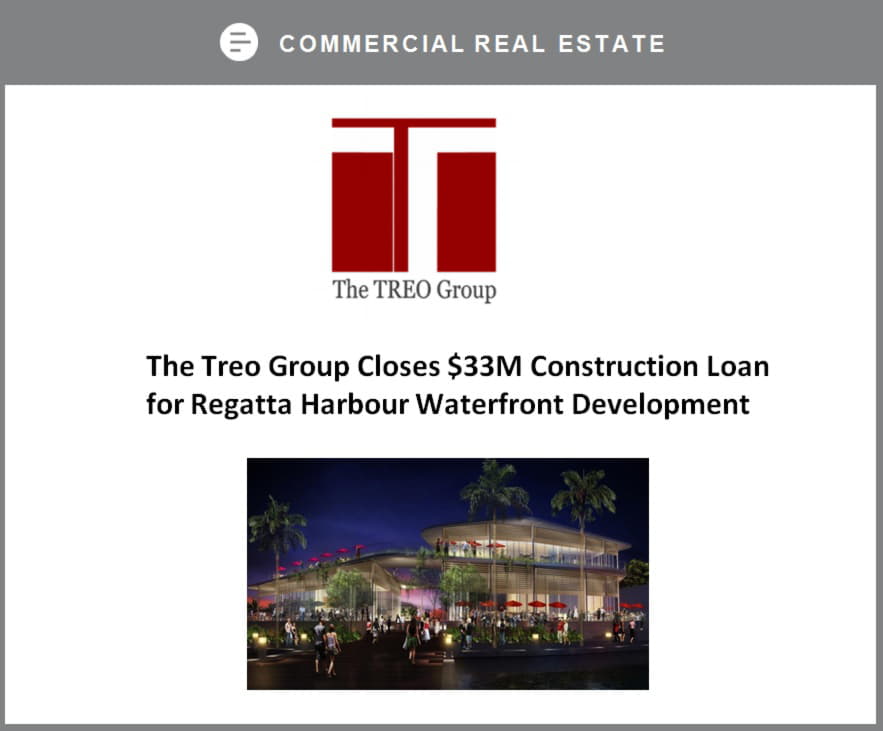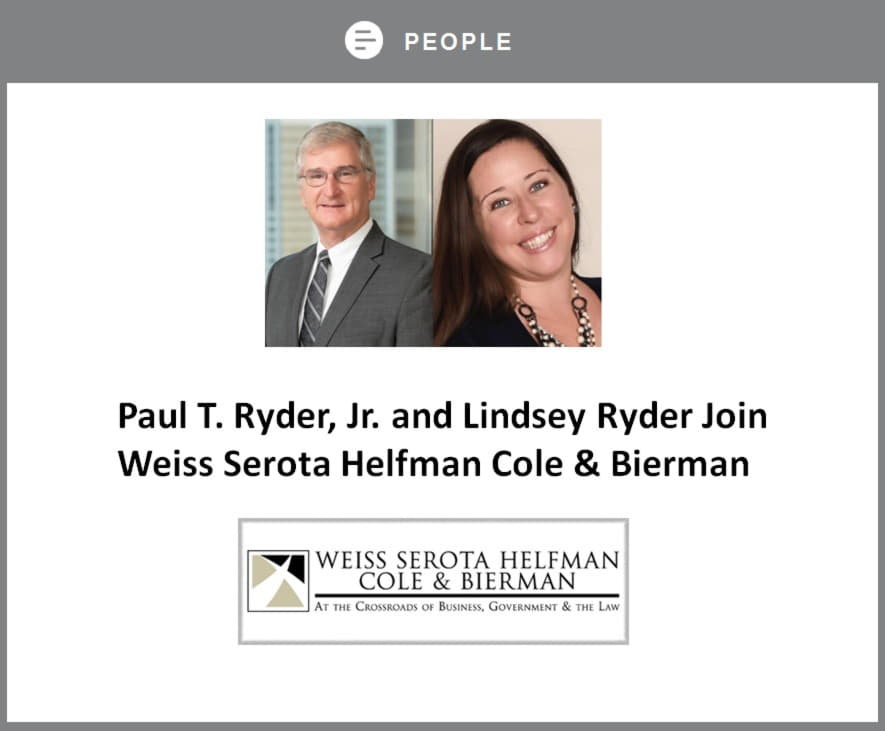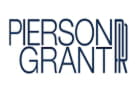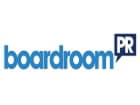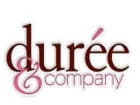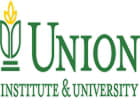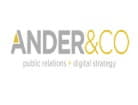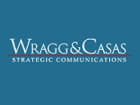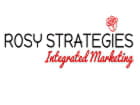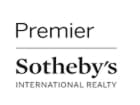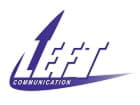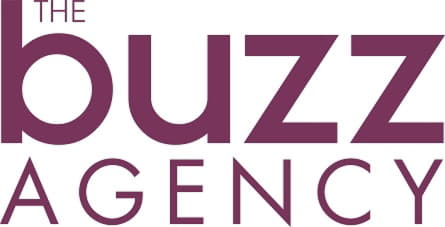Medicare spends billions of dollars each year on prescription drugs. That's not surprising. What might be surprising, though, is how much the federal healthcare program spends per patient on some of these drugs. Here are the five most expensive drugs covered by Medicare on a per-patient basis -- and which companies are making a lot of money from them.

IMAGE SOURCE: GETTY IMAGES.
1. H.P. Acthar
Medicare spent $162,371 per patient in 2015 on a drug that's been around since the 1950s -- H.P. Acthar. The drug, which is made from an extract from the pituitary glands of pigs, is used to treat several indications, including multiple sclerosis relapse and infantile spasms.
Acthar hasn't always been so expensive. At one point, a vial of the drug cost only $40. However, Questcor Pharmaceuticals increased the price for Acthar enormously, and the profits began to pour in. Questcor was acquired by Mallinckrodt (NYSE:MNK) in 2014.
Now it's Mallinckrodt that is raking in profits. The company made over $1 billion in net sales of Acthar in 2015, accounting for nearly 27% of total revenue.
2. Remodulin
Remodulin, which treats pulmonary arterial hypertension (PAH), ranked as the second most expensive drug covered by Medicare. The average cost per patient for Remodulin in 2015 was $144,070. Unlike most of the high-cost drugs reimbursed by Medicare, the price for Remodulin didn't increase last year.
United Therapeutics (NASDAQ:UTHR) first won regulatory approval for Remodulin in 2002 for subcutaneous (under the skin) administration. Two years later, an intravenous form of the drug gained approval. United Therapeutics also obtained approval for an oral version of the drug, branded as Orenitram, in 2013.
Remodulin generated net sales of $572.8 million for United Therapeutics last year. That amount represented 39% of the company's total revenue.
3. Tyvaso
Another pulmonary arterial hypertension treatment, Tyvaso, came in right behind Remodulin on Medicare's list of costly drugs. Medicare spent $107,489 per patient for Tyvaso in 2015.

TYVASO. IMAGE SOURCE: UNITED THERAPEUTICS.
Like Remodulin, Tyvaso is sold by United Therapeutics. Tyvaso, an inhaled solution for PAH, received U.S. regulatory approval in 2009. United Therapeutics made $470.1 million in net sales for the drug last year -- roughly 32% of the company's total revenue.
Another indication for Tyvaso could be on the way. United Therapeutics is evaluating the drug in a mid-stage clinical study as a potential treatment for pulmonary hypertension associated with idiopathic pulmonary fibrosis. Tyvaso is also in a late-stage study in combination with esuberaprost in treating PAH.
4. Provenge
Provenge ranks as the most expensive cancer treatment (on a per-patient basis) for Medicare. The federal program spent $95,290 per patient for the advanced prostate cancer immunotherapy last year.
Dendreon originally developed Provenge. The biotech won U.S. regulatory approval for the treatment in 2010. However, Dendreon later went bankrupt and was bought by Valeant Pharmaceuticals (NYSE:VRX) in 2015 for $415 million.
Valeant didn't reveal exactly how much money it made from Provenge last year. Thanks to information provided by the Centers for Medicare and Medicaid Services (CMS), however, we do know that the drug made at least $170.8 million from Medicare Part B in 2015.
5. Harvoni
Medicare spent $92,847 per patient last year for Harvoni. That landed the hepatitis C drug at No. 5 on the list of most expensive drugs covered by Medicare. However, Harvoni is at the very top of the list when it comes to total spending. Medicare spent over $7 billion in 2015 for Harvoni, by far the most of any drug covered by the program.

HARVONI. IMAGE SOURCE: GILEAD SCIENCES.
Gilead Sciences (NASDAQ:GILD) won U.S. regulatory approval for Harvoni in 2014. That followed tremendous success for the drug's predecessor, Sovaldi, which was Medicare's seventh most expensive drug last year.
Gilead made nearly $13.9 billion from Harvoni in 2015, around 43% of the biotech's total revenue. However, Gilead isn't making nearly as much money from its hepatitis C franchise this year. Harvoni sales in the first nine months of 2016 were down 29% from the prior-year period.
Things in common
These five most expensive drugs covered by Medicare have one surprising thing in common: None of them had big price increases last year. As mentioned earlier, Remodulin's price remained unchanged from the prior year. Harvoni's average cost to Medicare actually went down by 1%. The prices for Acthar and Tyvaso increased only 5%, while Provenge's price increase was only 4%.
Another thing that most of these drugs have in common is that they play a significant role in the fortunes of the companies that sell them. Valeant is an exception to this, since it has many other products in addition to Provenge.
Mallinckrodt, United Therapeutics, and Gilead Sciences have definitely gotten richer because of their high-priced drugs. Of course, one could argue that the costs that Medicare would have paid to care for patients without some of these drugs could have been even higher. Like legendary investor Ben Graham said, "Price is what you pay. Value is what you get."

